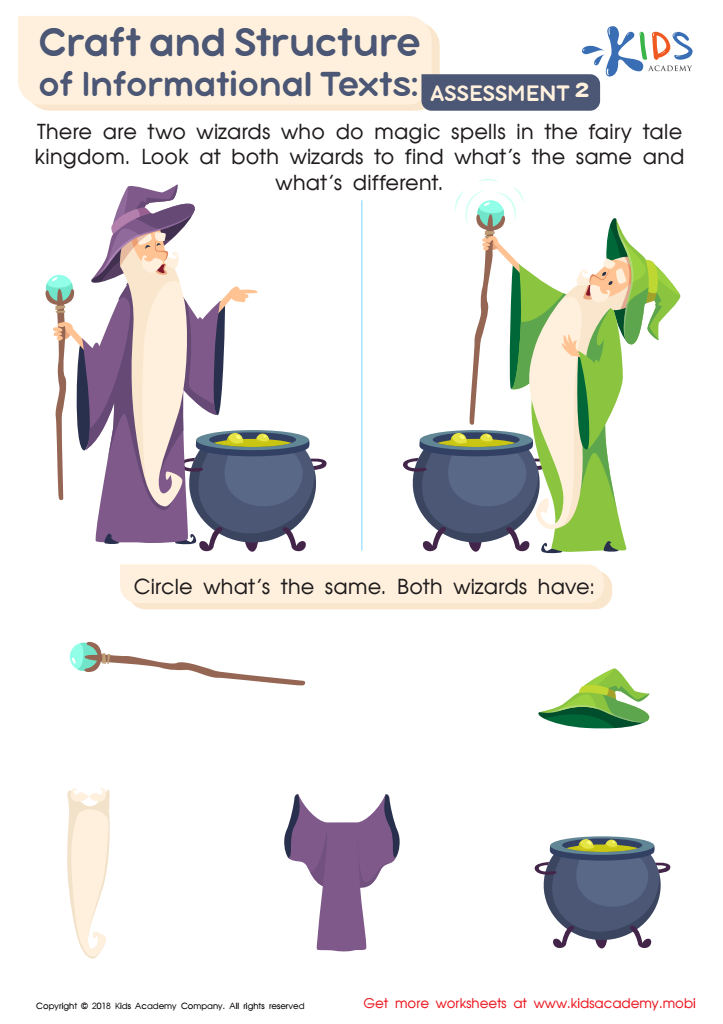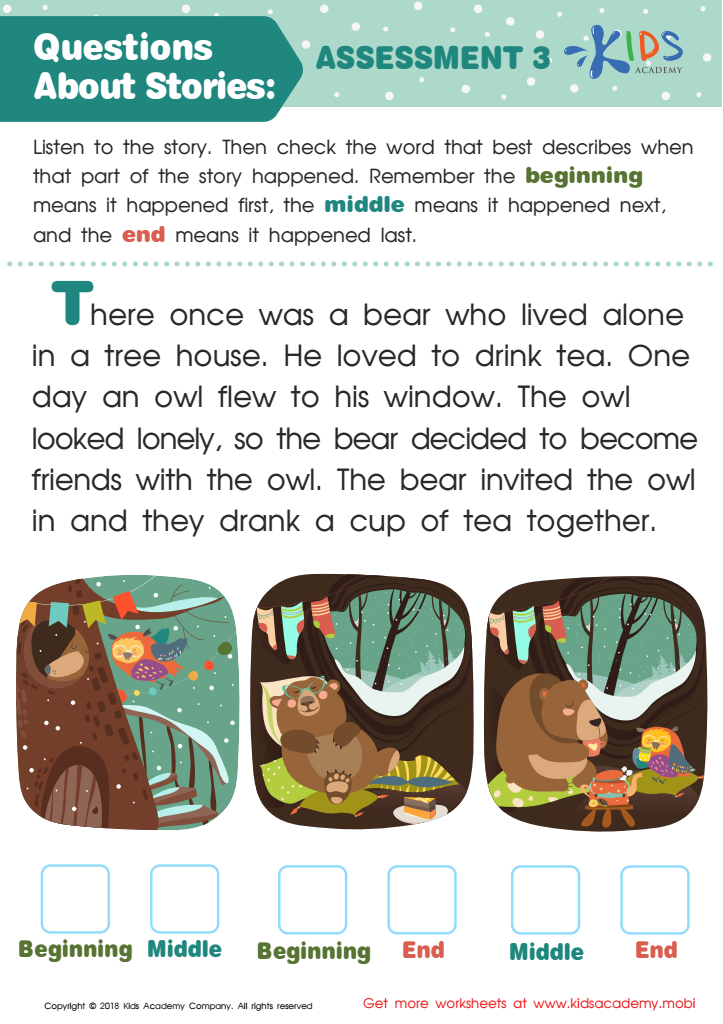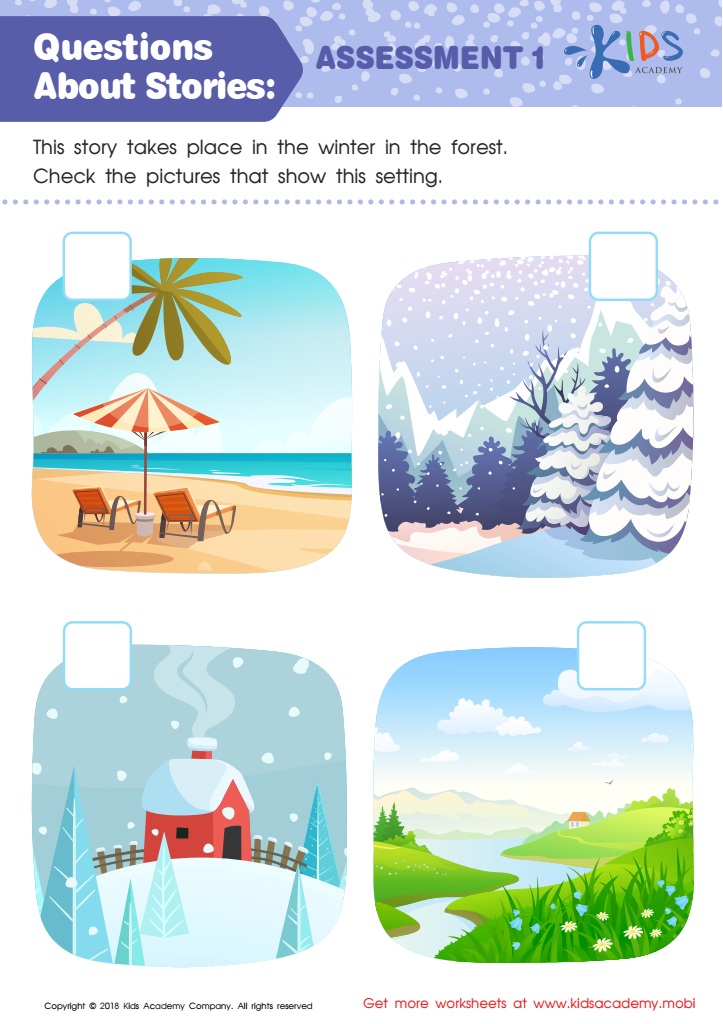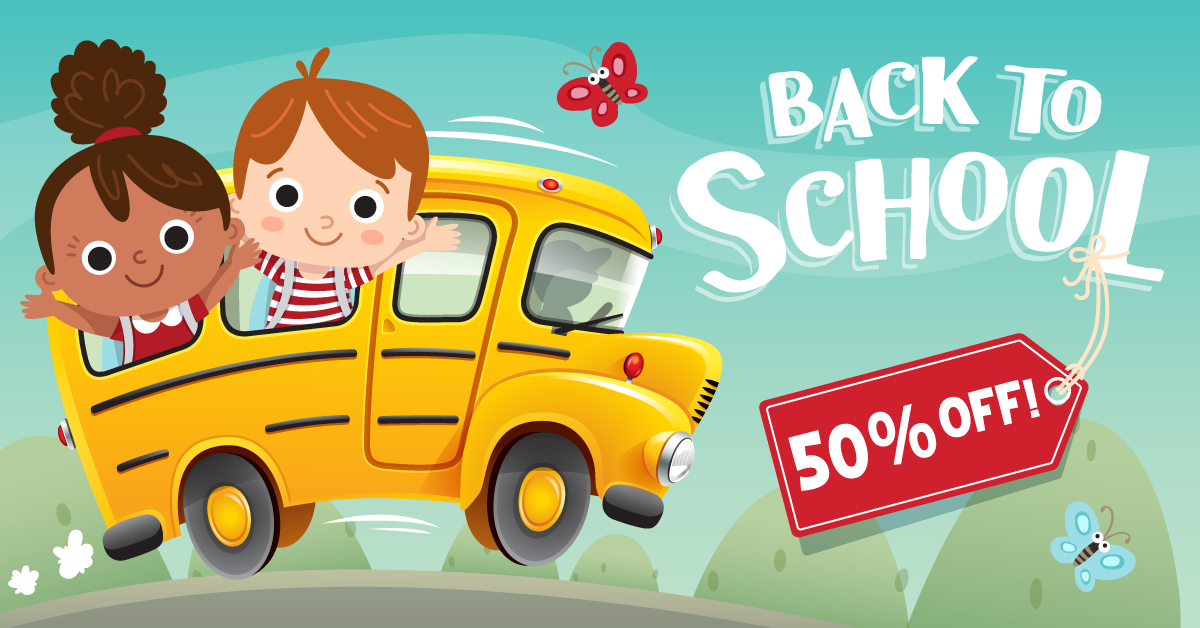Easy Reading Comprehension worksheets activities for Ages 4-6
3 filtered results
-
From - To
Discover a collection of engaging Easy Reading Comprehension worksheets specifically designed for children aged 4-6. Our fun and interactive activities help young learners develop essential reading skills while fostering a love for stories. Each worksheet features captivating illustrations and simple questions to assess understanding, making learning both enjoyable and effective. Whether your child is just starting their reading journey or looking to sharpen their skills, these activities provide a perfect opportunity to practice and enhance comprehension. Explore our resources today to support your child's literacy growth and boost their confidence in reading! Ideal for home or classroom settings.


Craft and Structure of Informational Texts: Assessment 2 Worksheet


Questions About Stories: Assessment 3 Worksheet


Questions About Stories: Assessment 1 Worksheet
Parents and teachers should prioritize Easy Reading Comprehension activities for ages 4-6 because these foundational skills play a crucial role in a child's overall literacy development. At this young age, children are not only learning to read but also beginning to understand and interpret what they read. Engaging activities tailored to their developmental stage help foster a love for reading, enhancing motivation and enjoyment.
These activities promote essential skills such as vocabulary development, comprehension strategies, and critical thinking. They encourage children to make connections between texts and their own experiences, which enriches their understanding and retention of information. Moreover, interactive comprehension exercises, such as storytelling, question prompts, and picture-matching games, provide opportunities for dialogue, encouraging expressive language skills.
Parents and teachers should also recognize that strong reading comprehension skills are predictive of future academic success. By introducing these activities early, caregivers can enhance children's confidence in their reading abilities, setting a strong foundation for more complex literacy tasks in later years. Ultimately, investing time in Easy Reading Comprehension activities cultivates lifelong readers, nurtures curiosity, and supports social and emotional development alongside academic growth.
 Assign to My Students
Assign to My Students





.jpg)










